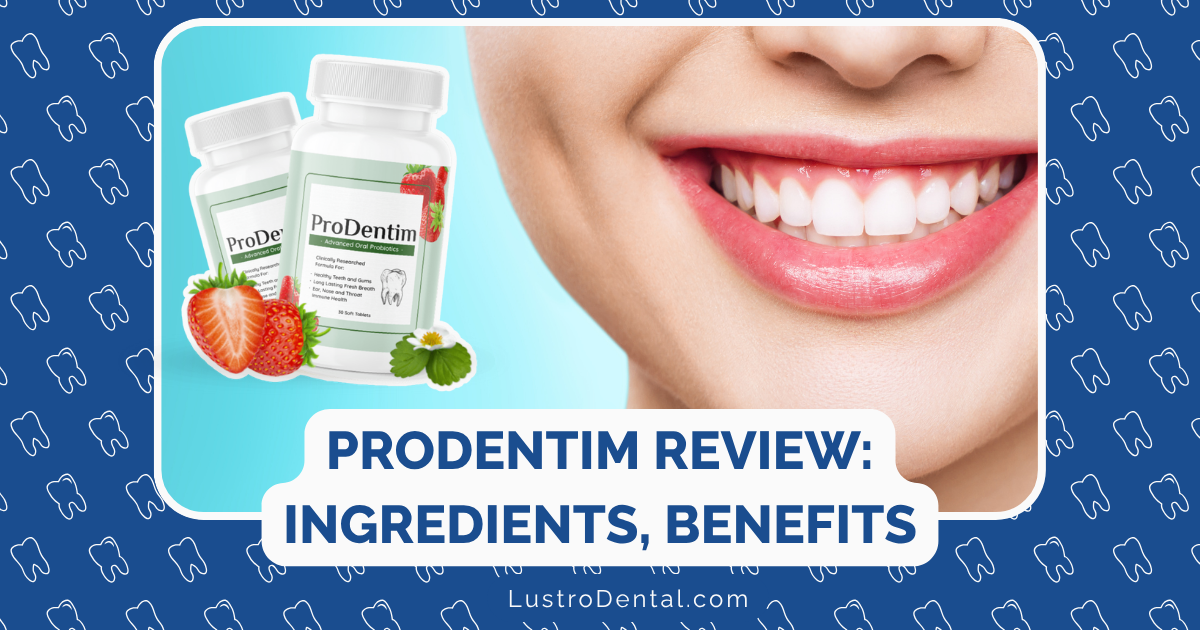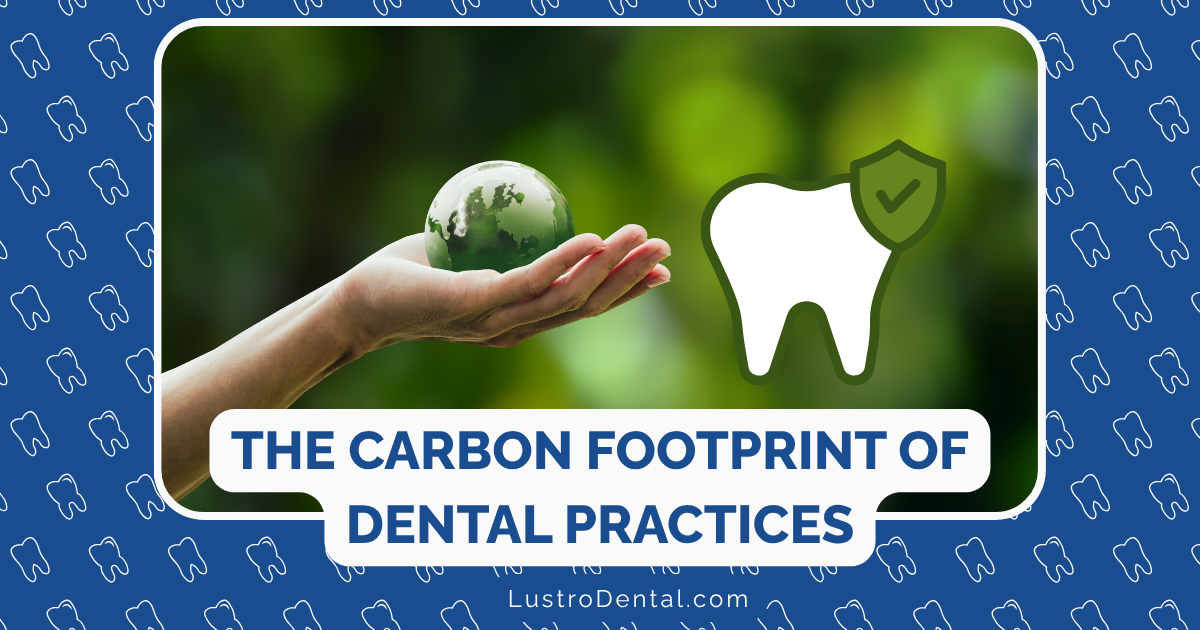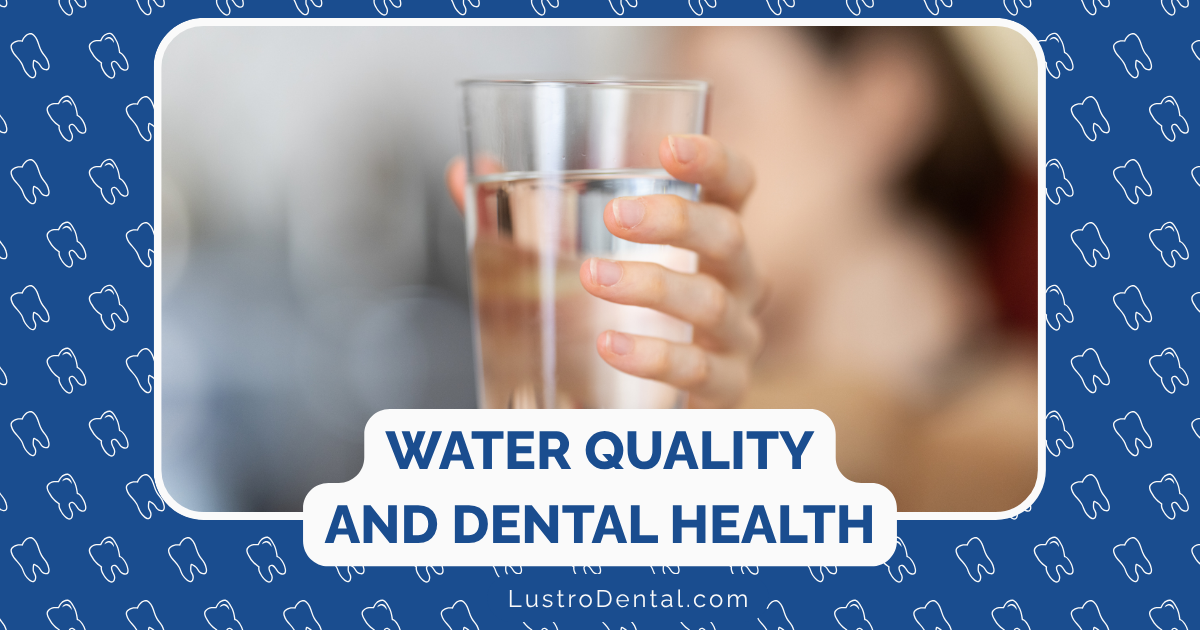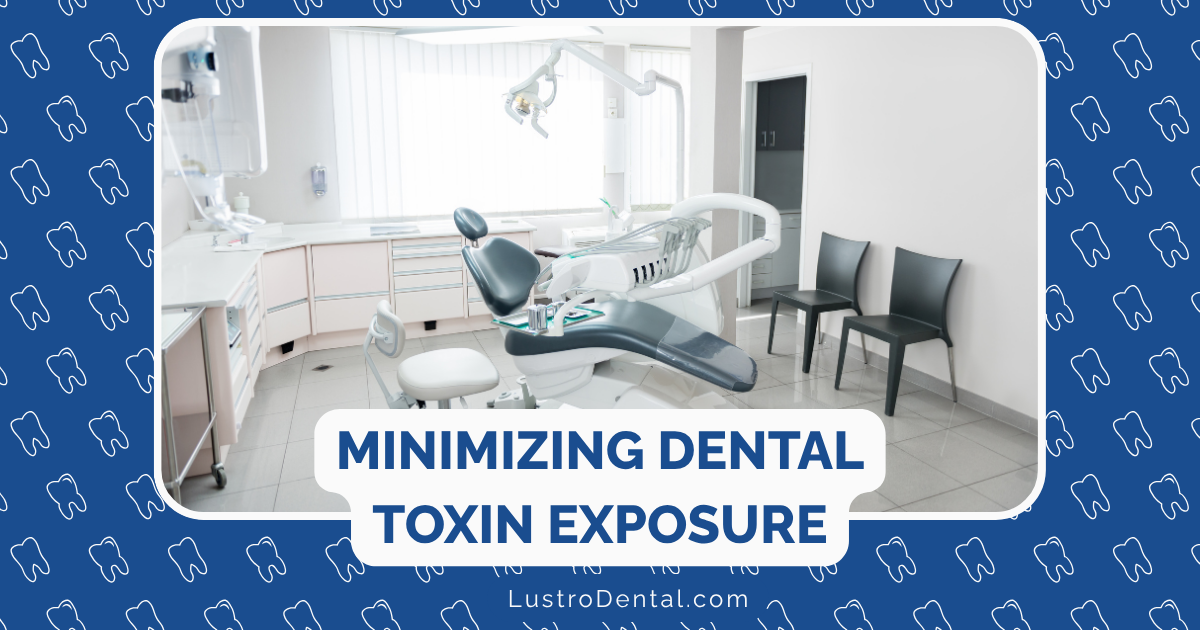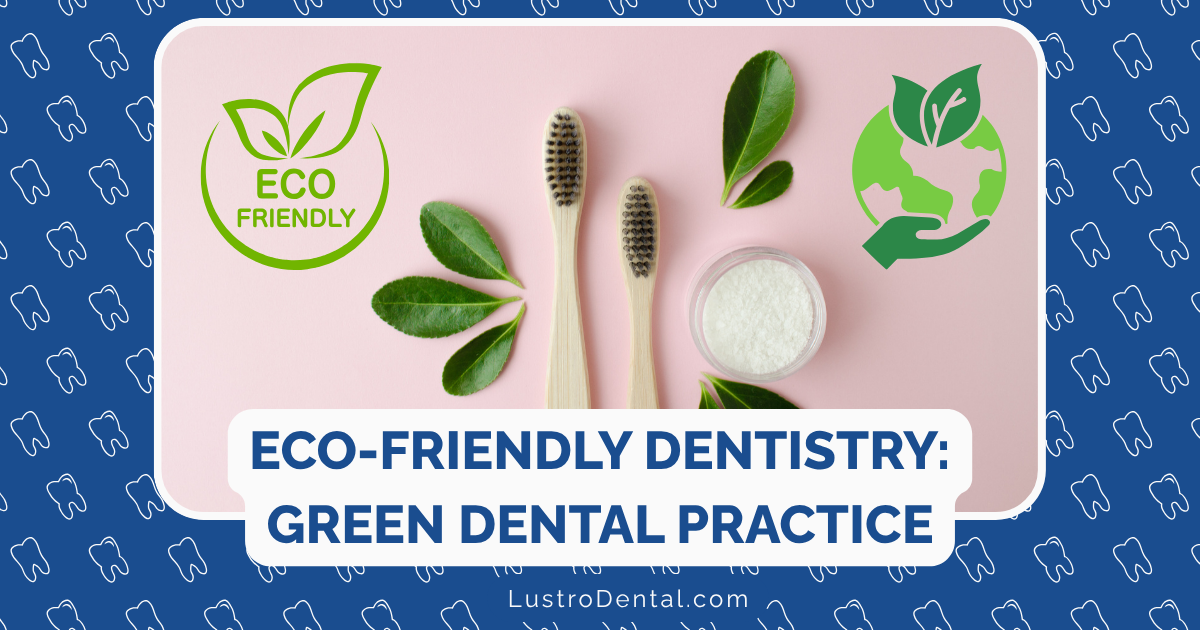Sustainable Oral Hygiene: Environmentally Friendly Product Options
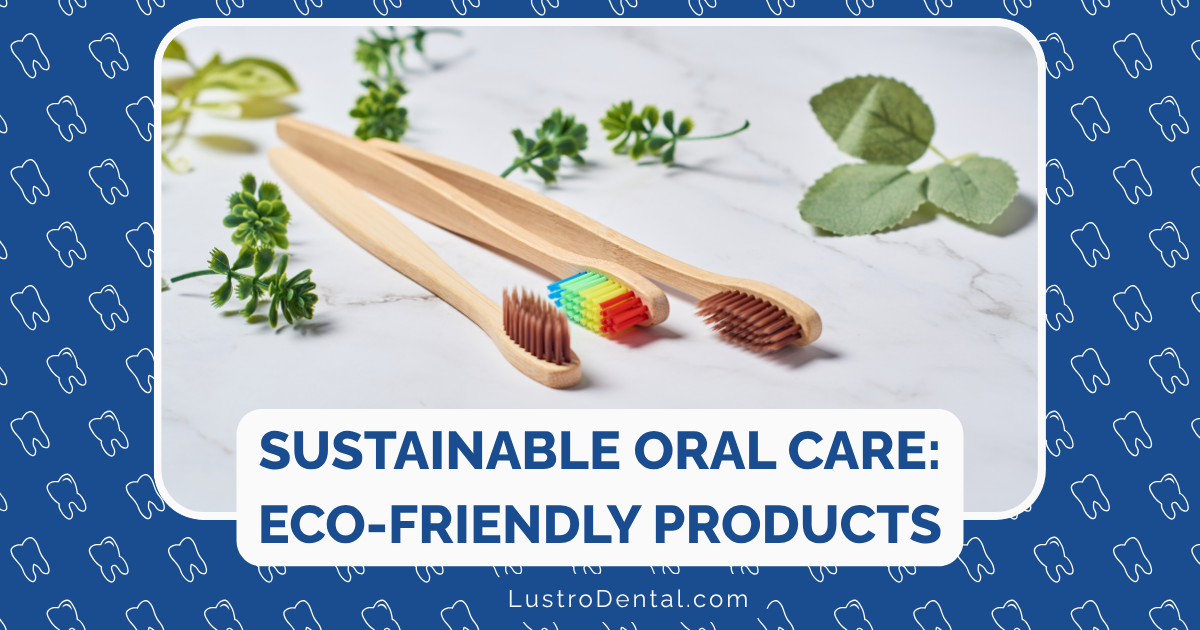
The environmental impact of our daily habits often goes unnoticed, but when we consider that over 1 billion plastic toothbrushes are thrown away each year in the United States alone—enough to circle the Earth four times—it becomes clear that our oral hygiene routines deserve a sustainability makeover. As a dental health advocate, I’m passionate about helping people maintain excellent oral health while reducing their environmental footprint.
The good news is that the oral care industry has responded to growing environmental concerns with innovative, eco-friendly alternatives to traditional products. In this comprehensive guide, we’ll explore sustainable oral care options for every aspect of your oral hygiene routine, from toothbrushes to supplements, helping you make choices that are good for both your smile and the planet.
The Environmental Impact of Traditional Oral Care Products
Before diving into alternatives, let’s understand the environmental challenges posed by conventional oral hygiene products:
Plastic Toothbrushes
- Take 400+ years to decompose
- Most are made from polypropylene (plastic) and nylon, both petroleum-based products
- The average person uses 300+ toothbrushes in their lifetime
- Plastic toothbrushes often end up in oceans, harming marine life
Toothpaste Tubes
- Most tubes are made from mixed materials (plastic and aluminum) that are difficult to recycle
- Over 1.5 billion toothpaste tubes are discarded globally each year
- Less than 10% of plastic tubes are successfully recycled
Dental Floss
- Conventional floss is made from nylon, a non-biodegradable petroleum product
- Typically packaged in plastic containers
- Often coated with synthetic waxes and PFAS (per- and polyfluoroalkyl substances), which are persistent environmental pollutants
Mouthwash
- Usually sold in plastic bottles
- Contains synthetic ingredients that can be harmful to aquatic ecosystems
- Shipping heavy liquid products increases carbon emissions during transportation
Sustainable Alternatives for Your Oral Care Routine
Now let’s explore eco-friendly alternatives for each component of your oral hygiene routine:
Eco-Friendly Toothbrushes
1. Bamboo Toothbrushes
Environmental Benefits:
- Made from rapidly renewable bamboo, which grows up to 3 feet per day
- Bamboo handles are biodegradable and compostable (typically decomposing within 6 months)
- Bamboo naturally has antimicrobial properties
- Requires minimal water and no pesticides to grow
What to Look For:
- FSC-certified sustainable bamboo
- BPA-free bristles (note that most bristles are still made from nylon and should be removed before composting)
- Plastic-free packaging
- Some brands now offer bristles made from castor bean oil, which are more biodegradable than traditional nylon
Popular Options:
- MABLE® bamboo toothbrushes with USDA certified 100% biobased handles
- BOONBOO self-standing bamboo toothbrushes with BPA-free soft nylon bristles
- Brush with Bamboo with plant-based bristles
2. Recyclable Toothbrushes
Some companies have developed toothbrushes with replaceable heads or fully recyclable materials:
- Preserve toothbrushes made from recycled yogurt cups
- The Humble Co. recycled plastic toothbrushes
- Radius Source toothbrushes with replaceable heads
Sustainable Toothpaste Options
1. Toothpaste Tablets
Environmental Benefits:
- Zero-waste packaging (typically glass jars or paper packaging)
- No water content means lighter shipping weight and lower carbon footprint
- No plastic tubes entering landfills
- Often made with simpler, more natural ingredients
What to Look For:
- Fluoride or fluoride alternatives like nano-hydroxyapatite (depending on your dental needs)
- Plastic-free packaging
- Natural ingredients
- Free from artificial sweeteners, colors, and preservatives
Popular Options:
- Huppy Toothpaste Tablets with nano-hydroxyapatite in compostable refill pouches
- Unpaste Tooth Tabs available with or without fluoride
- GloBoid Toothpaste Tablets with fluoride in plastic-free bottles
2. Glass Jar Toothpastes
Several brands now offer traditional toothpaste formulations in glass jars:
- David’s Natural Toothpaste in recyclable metal tubes
- Georganics Natural Toothpaste in glass jars
- Uncle Harry’s Natural Toothpaste in glass jars
Eco-Friendly Flossing Alternatives
1. Biodegradable Dental Floss
Environmental Benefits:
- Made from compostable materials instead of nylon
- Often packaged in glass or paper containers
- Free from PFAS and other harmful chemicals
What to Look For:
- Silk floss (biodegradable but not vegan)
- Plant-based options like corn or bamboo fiber
- Refillable glass containers
- Natural wax coatings (beeswax, candelilla wax, or plant-based waxes)
Popular Options:
- BOONBOO dental floss made from charcoal woven thread in refillable bamboo holders
- MABLE® compostable silk floss in refillable glass containers
- Terra & Co. activated charcoal floss made from bamboo fiber
2. Reusable Floss Alternatives
For those looking to eliminate waste entirely:
- Water flossers (though consider the electricity usage)
- Stainless steel or silicone floss picks that can be sanitized and reused
Sustainable Mouthwash Solutions
1. Mouthwash Tablets
Environmental Benefits:
- Eliminates plastic bottles
- Reduced shipping weight and volume
- Often made with natural ingredients
- No need for preservatives typically found in liquid formulations
What to Look For:
- Plastic-free packaging
- Natural antibacterial ingredients like essential oils
- Free from alcohol and artificial colors
Popular Options:
- Huppy Mouthwash Tablets with aloe vera and plant-powered spirulina
- By Humankind mouthwash tablets in refillable containers
- Georganics mouthwash tablets in glass jars
2. DIY Mouthwash
For the ultimate in sustainability, consider making your own mouthwash with simple ingredients:
- Distilled water with a few drops of essential oils (peppermint, tea tree)
- Salt water rinses
- Diluted hydrogen peroxide (under dentist guidance)
ProDentim: A Sustainable Approach to Oral Health Supplements
While switching to eco-friendly oral care products is an excellent start, supporting your oral health from within can reduce the need for intensive treatments and products over time. ProDentim offers an innovative, sustainable approach to oral health supplementation that aligns perfectly with an eco-conscious lifestyle.
ProDentim’s Eco-Friendly Credentials
- Sustainable Packaging: ProDentim demonstrates environmental responsibility through its packaging choices, utilizing eco-friendly materials that minimize environmental impact. The brand incorporates innovative solutions like compostable polymers and materials derived from renewable resources, reducing reliance on traditional plastics.
- Natural Ingredient Profile: ProDentim’s formula features natural ingredients including beneficial probiotic strains (Lactobacillus Paracasei, Lactobacillus Reuteri, and Bifidobacterium lactis BL-04), inulin from chicory root, peppermint extract, and malic acid derived from fruits. These natural ingredients are gentler on the environment than synthetic alternatives.
- Reduced Need for Additional Products: By supporting overall oral health from within, ProDentim may reduce your need for multiple oral hygiene products and treatments over time. This “less is more” approach aligns with sustainable principles of minimizing consumption.
- Preventive Approach: ProDentim’s focus on prevention through oral microbiome support represents a sustainable healthcare philosophy—addressing root causes rather than symptoms, potentially reducing the environmental impact of treating advanced dental conditions.
By incorporating ProDentim into your sustainable oral care routine, you’re taking a holistic approach that supports both your dental health and environmental values.
Making the Transition: Tips for a Sustainable Oral Care Routine
Transitioning to a more eco-friendly oral hygiene routine doesn’t have to happen overnight. Here are some practical tips to help you make sustainable changes:
Start with One Product
Begin by replacing just one product in your routine with a sustainable alternative. For example, when your current toothbrush wears out, replace it with a bamboo option.
Consider Your Specific Needs
Some sustainable options may not be suitable for everyone. For instance, if you have sensitive teeth or specific dental issues, consult with your dentist before switching toothpaste formulations.
Look Beyond Marketing Claims
“Natural” and “eco-friendly” aren’t regulated terms. Look for specific certifications and details about materials and manufacturing processes.
Extend Product Life
Even conventional products can be used more sustainably:
- Store toothbrushes properly to extend their life
- Use the appropriate amount of toothpaste (pea-sized is sufficient)
- Consider diluting mouthwash to make it last longer
Proper Disposal
Learn how to correctly dispose of each product:
- Remove nylon bristles from bamboo toothbrushes before composting
- Check local recycling guidelines for acceptable materials
- Consider TerraCycle programs for hard-to-recycle oral care products
The Economics of Sustainable Oral Care
While some eco-friendly oral care products have higher upfront costs, they often provide good value in the long run:
Cost Comparison
Traditional Products:
- Plastic toothbrush: $2-5 (replaced every 3 months)
- Toothpaste tube: $3-7 (lasts about 3 months)
- Plastic floss container: $3-5 (lasts 1-3 months)
- Mouthwash bottle: $4-8 (lasts 1-2 months)
Sustainable Alternatives:
- Bamboo toothbrush: $4-8 (replaced every 3 months)
- Toothpaste tablets: $8-12 (3-month supply)
- Refillable floss: $5-10 initial, $3-5 for refills
- Mouthwash tablets: $8-12 (3-month supply)
While the sustainable options may cost more initially, many offer refill programs that reduce costs over time. Additionally, the environmental cost savings—though not reflected in the price tag—are significant.
Success Story: Sarah’s Sustainable Smile Journey
Sarah, a 34-year-old marketing executive, was concerned about the amount of plastic waste generated by her family’s oral care routine. With two children and a husband, they were discarding at least 16 plastic toothbrushes and dozens of toothpaste tubes annually.
She began by switching the family to bamboo toothbrushes and toothpaste tablets stored in a glass jar. For her children, she found kid-friendly bamboo brushes with colorful handles made from plant-based paints.
“The transition was surprisingly easy,” Sarah shared. “My kids actually got excited about their new ‘special’ toothbrushes, and my husband appreciated that the toothpaste tablets were perfect for travel—no more leaking tubes in the toiletry bag!”
Sarah also incorporated ProDentim as a supplement to support her family’s oral health from within, appreciating its natural ingredient profile and eco-conscious packaging.
After a year, Sarah calculated that her family had prevented approximately 20 plastic toothbrushes, 15 toothpaste tubes, and 8 plastic floss containers from entering landfills. “Our dentist has also noticed improvement in our oral health,” she added. “It feels good knowing we’re taking care of our teeth and the planet at the same time.”
Conclusion: Small Changes, Big Impact
Transitioning to sustainable oral care products represents a meaningful way to reduce your environmental footprint without compromising your dental health. By making thoughtful choices about the products you use daily, you’re contributing to a healthier planet while maintaining your healthy smile.
Remember that sustainability is a journey, not a destination. Even small changes—like switching to a bamboo toothbrush or choosing toothpaste tablets—can make a significant difference when multiplied over time and across many individuals. And by supporting your oral health holistically with supplements like ProDentim, you’re embracing a preventive approach that’s inherently more sustainable than treating problems after they develop.
What sustainable oral care products have you tried? Share your experiences in the comments below!
Frequently Asked Questions About Sustainable Oral Care
Are bamboo toothbrushes as effective as plastic ones?
Do natural toothpastes and tablets clean as well as conventional toothpastes?
Is silk floss truly eco-friendly if it’s not vegan?
How can I find sustainable oral care products on a budget?
Disclaimer: This article is for informational purposes only and does not constitute medical or dental advice. Always consult with qualified healthcare providers about your specific oral health needs.


